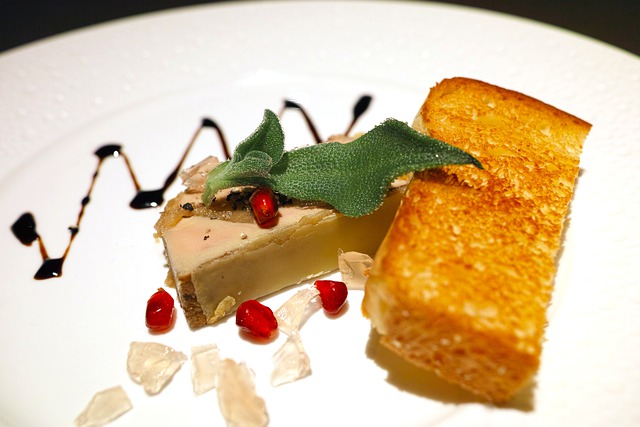The New York State Department of Agriculture and Markets has issued an order that supports the sale of foie gras in New York City, potentially ending the city’s efforts over the past three years to impose a ban.
The 2019 New York City law prohibiting the sale of foie gras was scheduled to take effect last month, but a Manhattan judge issued a restraining order delaying its implementation. That law has now been found to violate a state law that prevents municipalities from enacting laws that “unreasonably restrict farming operations in certified agricultural districts,” according to the Catskill Foie Gras Collective.
“This is a tremendous, tremendous victory,” Sergio Saravia, president of La Belle Farm, told SFA News Daily. “We have been praying for this for years.”
La Belle Farm is one of two major foie gras producers, along with Hudson Valley Foie Gras, that make up the Catskill Foie Gras Collective.
The farmers had long been arguing that New York City’s proposed ban was a violation of state law because the farms operate in agricultural districts and are therefore protected, but proceedings had been delayed in part because of the COVID-19 pandemic, Saravia said.
New York City has 30 days to challenge the department’s order by filing a court proceeding in Albany County, according to a statement from the Catskill Foie Gras Collective. A spokesperson for the New York City Council could not be reached for comment.
Critics have argued that foie gras production methods are inhumane because of the way they “force feed” geese and ducks to fatten their livers, but the farms contend they are not. Both farms said they use a special hand-feeding method, according to the Catskill Foie Gras Collective.
Saravia said he had invited New York City Council members and their staffs to visit the farm and view the company’s practices, but no one from the council had taken him up on the offer.
He said the publicity around the efforts to ban foie gras has not had a negative impact on demand.
“Our customers understand our practices,” he said.
Saravia said the state’s order carries a lot more weight than the injunction issued last month by a judge that delayed the ban.
“It’s different when it comes from the state, because they are [agreeing with] everything that we were arguing,” Saravia said.
It also gives him and his customers more confidence that foie gras will continue to be available in New York City, and elsewhere around the state, going forward. The New York City market represents about a third of his company’s sales, he said, and he might have gone out of business if the ban had taken effect.
California, which since 2012 does not allow the sale of foie gras by restaurants and retailers in the state, had represented about 20 percent of La Belle Farm’s sales, Saravia said.
Earlier this year, a court in California ruled that out-of-state producers and distributors could continue to sell foie gras to consumers in the state for personal consumption. California also bans production within the state.
In a statement, the Catskill Foie Gras Collective said the New York order should have statewide repercussions.
“On a broader scale, the order stops local municipalities from establishing a dangerous precedent of dictating to us what farmers can grow and what people can eat,” said Marcus Henley, a spokesman for the Catskill Foie Gras Collective.
Related: NYC Delays Foie Gras Ban; D’Artagnan CEO Says Foie Gras Bans Misguided.

